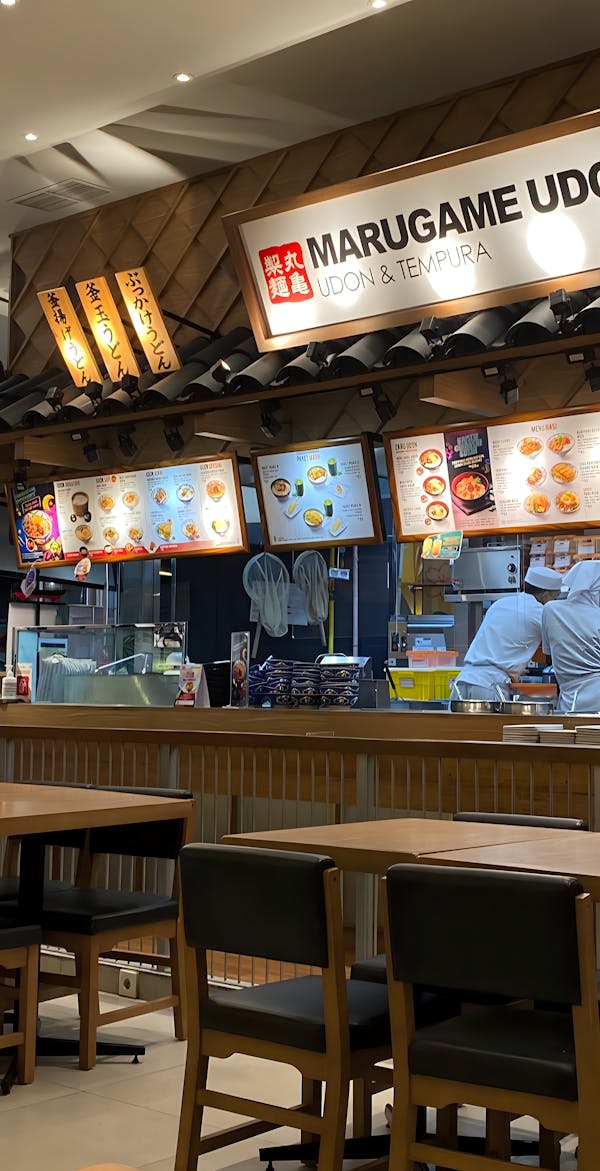Meal planning as a way of connecting with food
[ad_1]
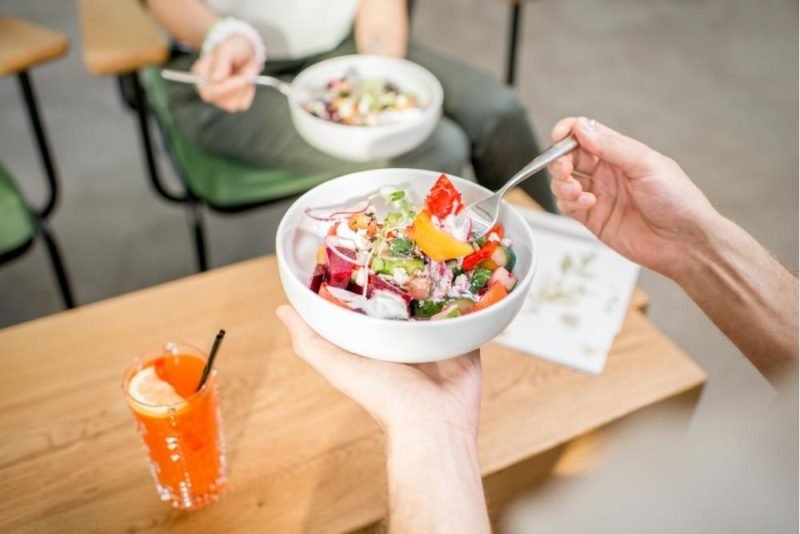
Meal setting up can feel like just just one far more “to-do,” or it can trigger stress from past dieting tries. If you are inclined to make food ideas, store for those people strategies, then look at the foodstuff (specially the contemporary make) rot in the fridge even though you purchase takeout, then the quite imagined of meal organizing can develop into a guilt fest. Those people are the negatives.
On the positive side, food planning can assistance you meaningfully connect with your food items. Now listen to me out. When you have a strategy, you can decide what is for dinner (and probably breakfast and lunch) when you are not hungry. That suggests when you are hungry you can focus on preparing and consuming, somewhat than standing in the grocery retail outlet (or in front of your refrigerator) waiting for inspiration to strike.
I’ve had lots of of my intuitive eating purchasers tell me they take in more intuitively when they do at the very least light-weight food preparing, mainly because when they never just take that phase, they tend to:
- Get hungry
- Not want to make an impromptu final decision about what to consume
- Get primally hungry as a lot more time elapses
- Stop up grazing on whatever’s handy in the pantry
- Really feel unsatisfied and in some cases bodily icky
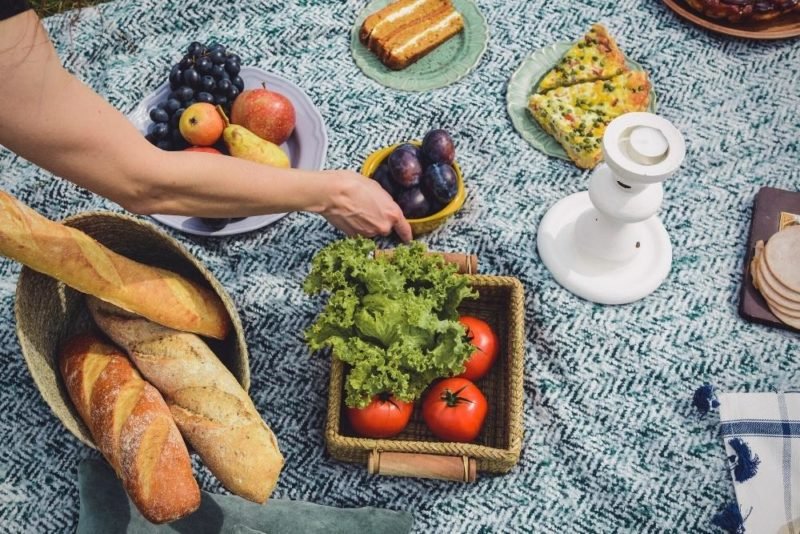
How organizing aids you link
Portion of having a balanced, balanced, pleasurable relationship with food is feeling related to foodstuff. That features grocery procuring and cooking with some form of approach (unless you are actually an improvisational cook).
For the most aspect, planners are likely to make far more satisfying food stuff, and someday extra intriguing food items. Why, because when you approach, it’s much easier to suit a new recipe into your 7 days, somewhat than relying on tried out-and-legitimate standbys 100% of the time.
Planners (who adhere to their strategy) also are likely to squander fewer foods, because they shop for what they system to use. Part of remaining linked to our food can consist of gratitude that we HAVE food, as nicely as gratitude for the a lot of souls who grew, processed, transported, stocked and facilitated the sale of the food stuff in our carts and in our kitchens. Reducing squander is one way of demonstrating that gratitude.

Producing scheduling and browsing less complicated
I wrote an entire blog publish earlier on “How does food arranging operate with Intuitive Eating?” It’s full of wonderful information, so I won’t repeat that in this article. But I will discuss about the merits of having a pantry to fall back again on.
Setting up and procuring are less complicated when you don’t have to invest in just about every minor thing you need to have to make a meal. When you have a strategically stocked pantry (strategically, mainly because it is not just crammed whole of random matters you will not consume right before they collect dust), you operate to the store fewer, expend significantly less time at the retail outlet when you do go, and have unexpected emergency backup components on hand if a new recipe is a bust. Right here are some of the staples I advise:
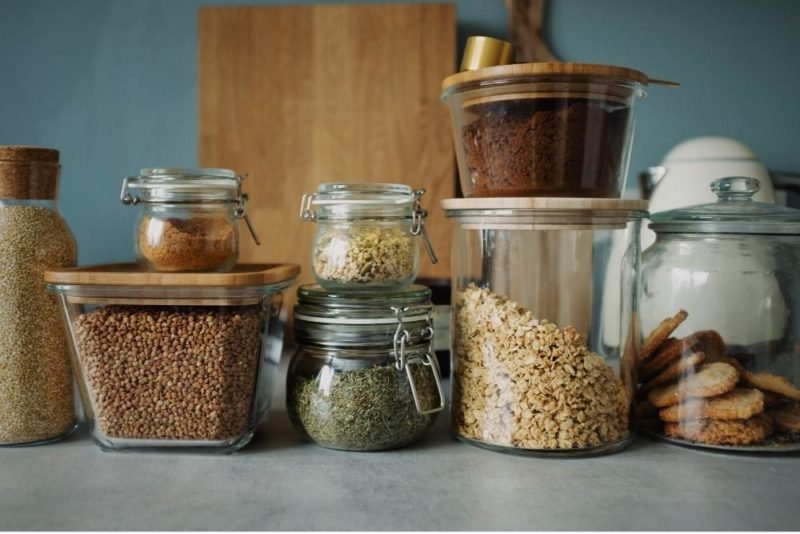
The essentials
Canned salmon and tuna. Make salmon or tuna salad, throw on a eco-friendly salad, insert to pasta, make salmon cakes. Or, my favored, toss a can of tuna (drained if drinking water-packed, not drained if olive oil-packed) with a can of drained/rinsed white beans and some capers or chopped Kalamata olives. Increase a squeeze of lemon, some salt and pepper, and a hearty drizzle of olive oil if your tuna was packed in h2o. Serve over greens.
Canned beans. Insert to a inexperienced salad for fiber and protein, blend into a dip, increase to soups, mix with grains for a hearty salad, aspect dish or most important dish (rice and beans, any person).
Nuts and seeds. Pair with fresh or dried fruit for a snack, add to oatmeal or rapid breads for a strengthen of protein and nutritious fats, or sprinkle on salads. You can even use chopped walnuts as a plant-dependent extender (or swap) for meat in tacos or pasta sauces.
Dried and frozen fruit. Frozen fruit is a smoothie staple, but it also operates in crisps and cobblers, defrosted and included to oatmeal or overnight oats. Both of those dried and frozen fruit can be cooked into a compote to top rated fish, rooster or pork. Dried fruit will work as a snack with nuts, or to add added flavor, fiber and chew to salads or grain dishes.
Pasta and total grains. Maintain your beloved pasta styles on hand, moreover at the very least a couple of varieties of total grains. Couscous appears to be like like a grain but it’s a little pasta, and cooks up in a flash to variety a mattress for, say, slow-cooked chicken thighs with olives.
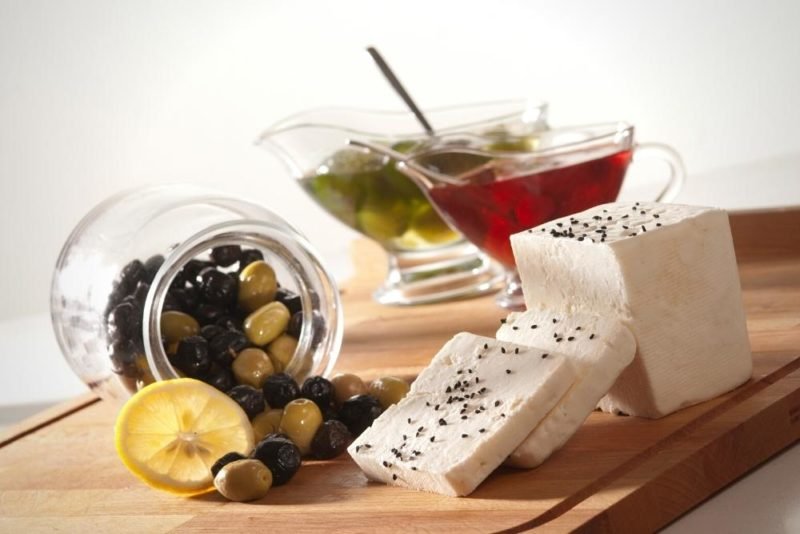
The flavor bombs
Condiments. Not just ketchup and mustard! Tahini, soy sauce (or tamari), sesame oil, pesto and curry pastes have infinite takes advantage of.
Jarred sauces and salsas. No matter whether pasta sauce, stirfry sauce, or curry (Indian or Thai) simmer sauces, these can be a excellent car to unite protein and veggies in a tasty way. I preserve a handful of jars of shelf-secure salsa in my pantry in scenario I run out of the “fresh” versions I favor from Costo or my grocery retail store.
Olives and capers. If you appreciate them, they are a flavor daily life saver. Insert capers to a tomato-dependent pasta sauce, incorporate olives to grain salads or gradual-cooked meats, toss in with a sheet pan food.
Salty cheese. Feta and parmesan liven up salads (each green and grain), pastas and bowls. They also previous a lengthy time in the fridge.

A few much more feelings (and caveats)
Even if diet regime tradition has not “ruined” food scheduling for you, you could locate scheduling – of any sort – demanding for other good reasons. For illustration, if you are working with a serious wellness situation or are neurodivergent, you may well obtain planning hard. But if you also know that you aren’t nourishing your self as well as you could, you could try doing plenty of arranging to be helpful, but not so considerably that you run out of spoons.
- Probably setting up what you will just take for lunch is most handy.
- Possibly planning dinners for only portion of the week feels do-capable.
- Perhaps preparing dinners for certain evenings (when you know generating a decision in the minute would be most demanding) feels appropriate.
And, of study course, if you find that you are capable to place alongside one another satisfying, nourishing foods devoid of doing any scheduling (as with a lot of improvisational cooks), and you locate that you can store for what looks fantastic and manage to makes use of it all up, then you in all probability do not want to meal plan.
I myself am a hybrid. In months I’ll have much more time to prepare dinner, I prepare to make a few new recipes, and precisely store for the elements I require. The relaxation of the time, we make a decision what to make from our perfectly-stocked fridge/freezer/pantry, and store just to continue to keep our provides restocked. We could “plan” when to use the broccoli we just acquired, or when to pull chicken breasts out of the freezer, but that is it.
The “moral” of the tale is that there’s no a single appropriate way to technique how to determine what is for dinner. However, if you know that what you are now doing is not functioning, and you’re doing a good deal of grazing or ordering of takeout, then probably far more preparing will make for much more fulfilling feeding on!
Carrie Dennett is a Pacific Northwest-based registered dietitian nutritionist, freelance author, intuitive having counselor, creator, and speaker. Her superpowers contain busting nutrition myths and empowering females to experience improved in their bodies and make food options that help satisfaction, nutrition and overall health.
 Print This Post
Print This Post
[ad_2]
Resource backlink



